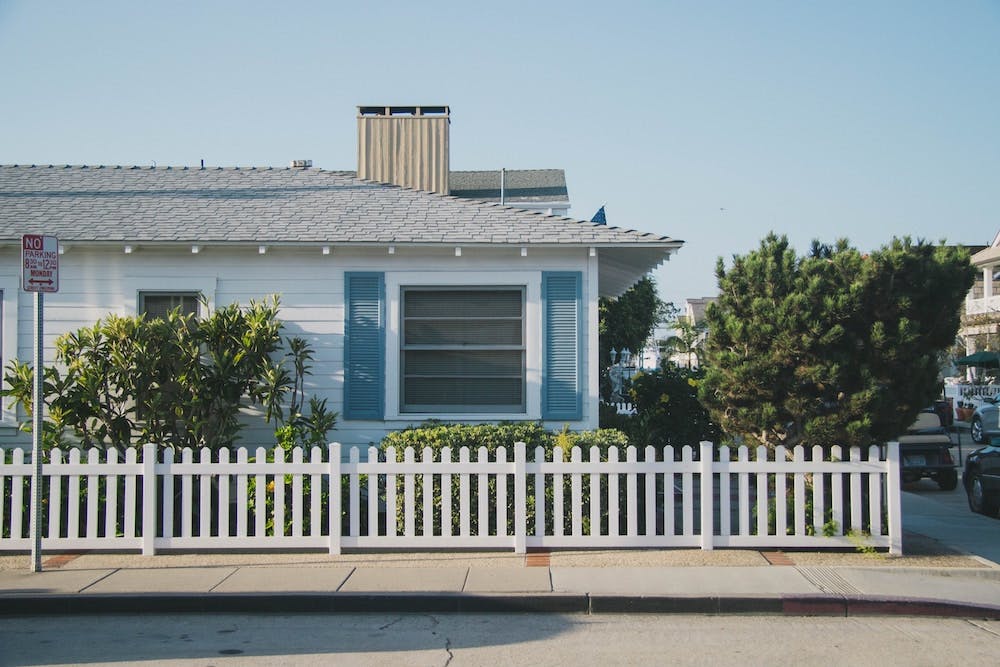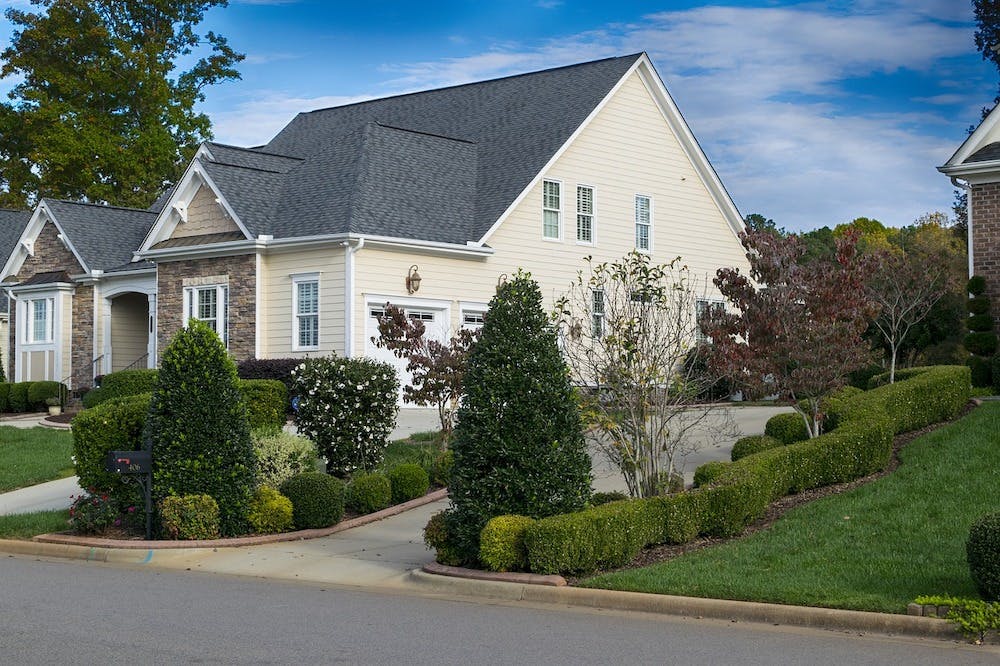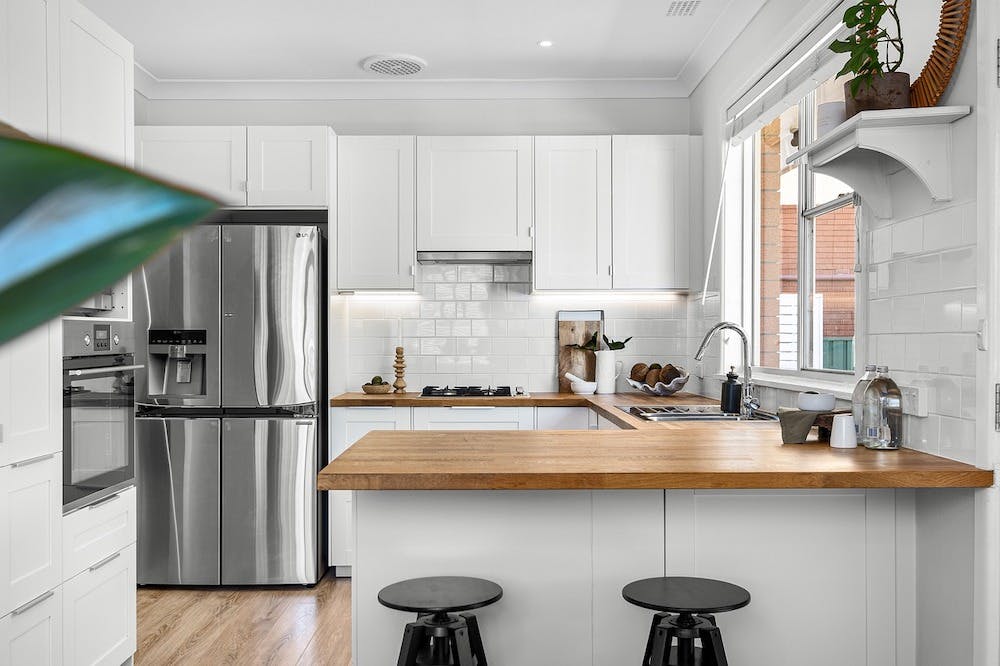
Your home is one of your most valuable assets, and protecting it from disasters like fires and other accidents should be a top priority. Taking steps to safeguard your home can save you from costly repairs and ensure the safety of your family. In this blog post, we'll explore some of the best ways to protect your home from fires and other disasters. From investing in safety equipment to creating an emergency plan, we'll cover everything you need to know to keep your home and loved ones safe.
Purchase and Maintain a Home Insurance Policy
Homeowners should purchase and maintain home insurance (also referred to as property insurance and fire insurance) to protect themselves financially in case of unexpected events such as natural disasters, theft, or accidents that damage their property. Home insurance can cover the cost of repairs or replacement of the home and its contents, as well as provide liability coverage if someone is injured on their property. Without home insurance, homeowners may face significant financial burdens and may not be able to afford the cost of repairs or replacement on their own. Additionally, many mortgage lenders require homeowners to have home insurance as a condition of the loan. Check out our blog for what you should know about property insurance.
Proactive Steps You Should Take
Relying solely on insurance is not sufficient. It's essential to take proactive steps to prevent disasters from happening in the first place, as no amount of insurance can completely restore the peace of mind and stability that come from feeling safe and secure in one's home. There are several things you as the homeowner can do to be proactive about protecting your home from fires and other accidents. Some key things to consider include:
Installing smoke alarms: Smoke alarms are an essential part of a home's fire protection system. They can alert you if there is a fire in your home, and they can give you and your family valuable time to evacuate the premises. You should install smoke alarms on every level of your home, and near each bedroom. You should also test the alarms regularly and replace the batteries as needed.
Creating a fire escape plan: A fire escape plan is a detailed plan that outlines how you and your family will evacuate your home in the event of a fire. The plan should include multiple escape routes, a meeting place outside your home, and a plan for calling the fire department. You should practice your fire escape plan regularly, and make sure that everyone in your family knows what to do in case of a fire.
Storing flammable materials safely: Flammable materials, such as gasoline, cleaning products, and matches, can be a fire hazard if they are not stored properly. You should store these materials in a cool, dry place, away from heat sources and out of the reach of children and pets. You should also label the containers clearly, and dispose of them properly when they are no longer needed.
Installing carbon monoxide detectors: Carbon monoxide is a deadly gas that is produced by burning fossil fuels, such as gas, oil, and wood. It is odourless and colourless, so you cannot see or smell it. To protect your home from carbon monoxide poisoning, you should install carbon monoxide detectors in your home. These detectors can alert you if there is a carbon monoxide leak, and they can save your life.
Other steps to take:
Keep portable heaters away from flammable materials and never leave them unattended.
Inspect and maintain electrical systems and appliances regularly to prevent electrical fires.
Install fire-resistant roofing and siding materials and keep gutters free of debris.
Summing It Up
Protecting your home from fires and other disasters requires careful planning, preparation, and vigilance. By following the tips outlined in this blog, you can reduce your risk of property damage, injury, and financial loss. Remember that the safety and security of your home and loved ones should always be a top priority, and taking proactive steps to prevent accidents and disasters can give you peace of mind and protect your investment for years to come.
When you’re purchasing a home and thinking about home insurance, you’ll also need a real estate lawyer. Please consider Doormat if you haven’t already found a lawyer. We make the process simple and easy, with a dashboard where you can find everything related to your transaction, and an expert lawyer to ensure that your best interests are looked after.






